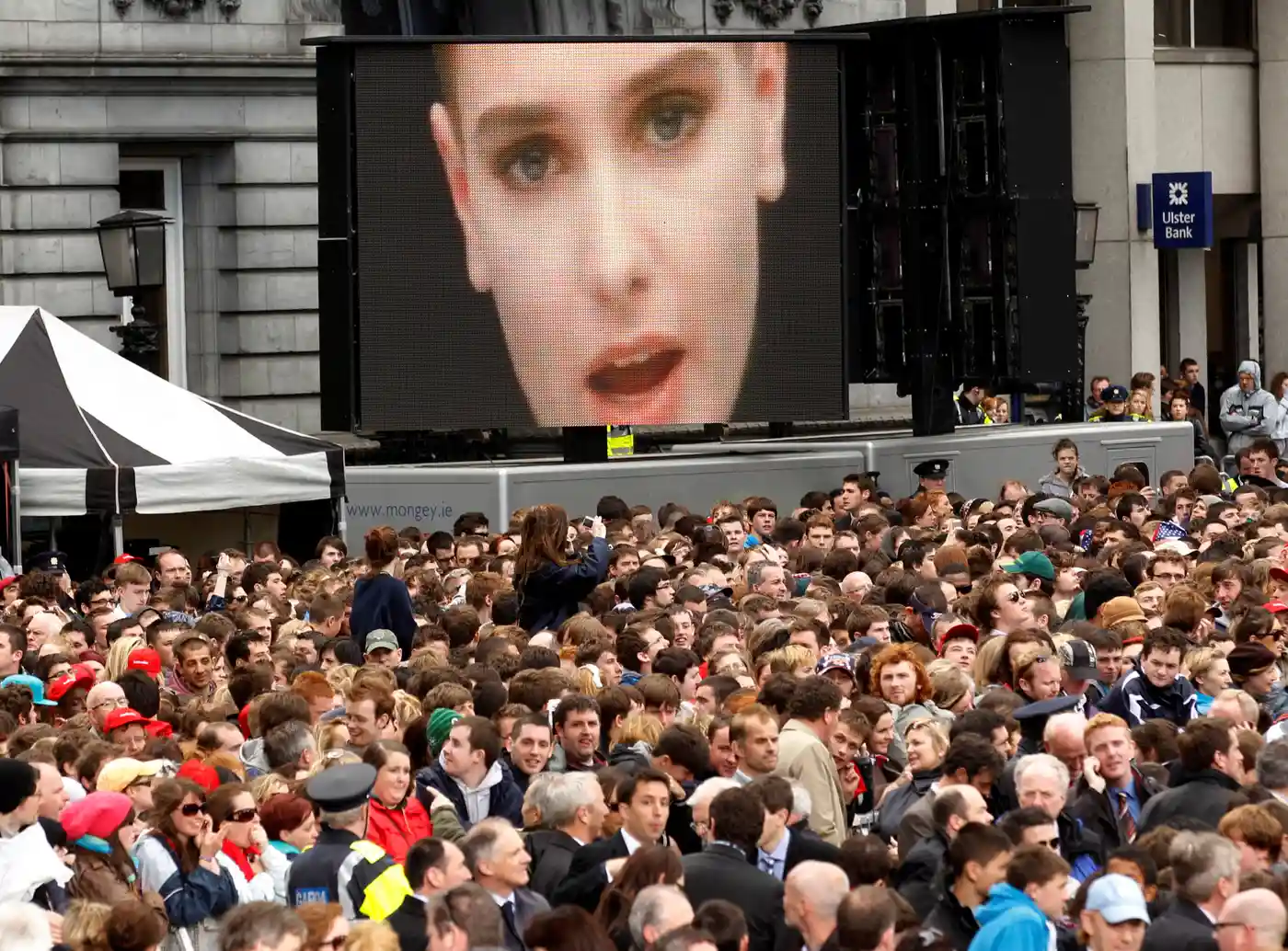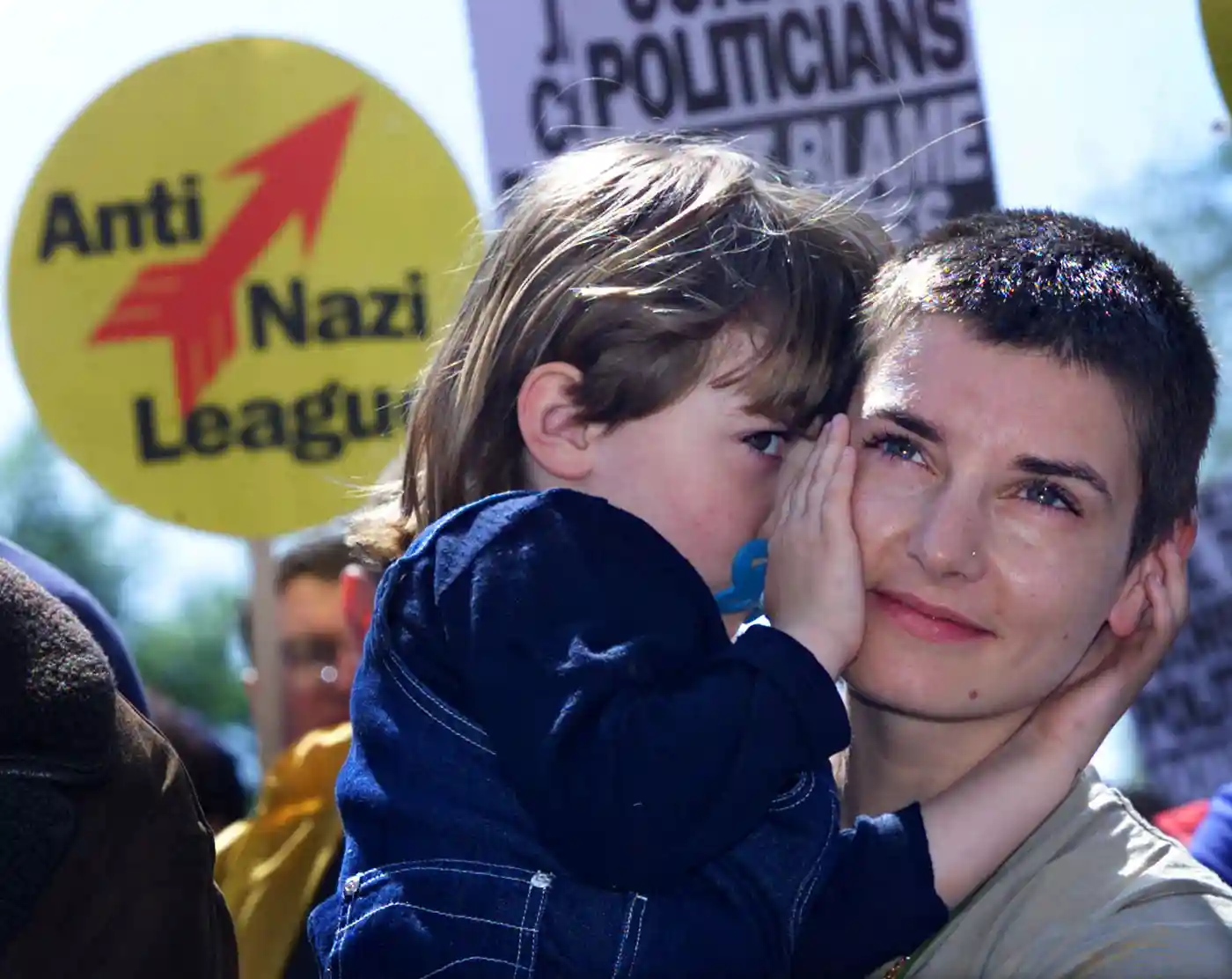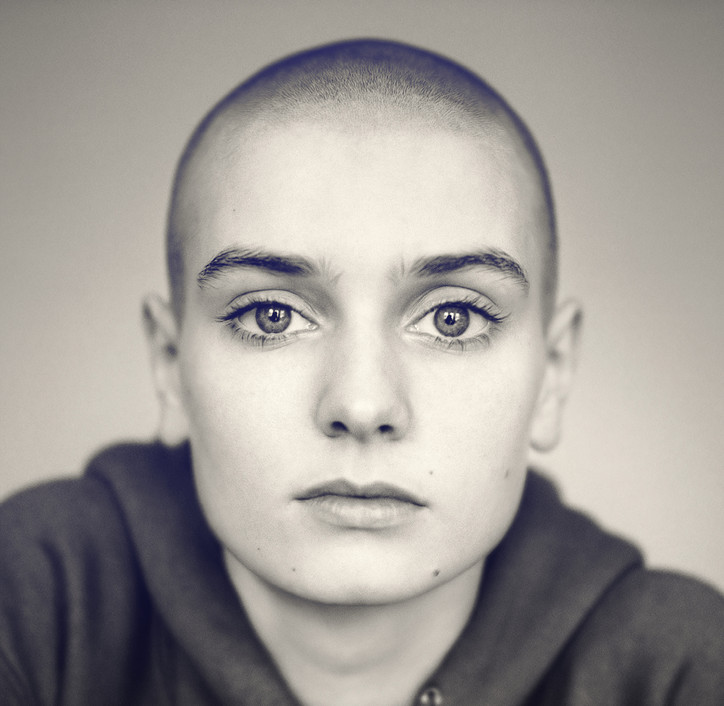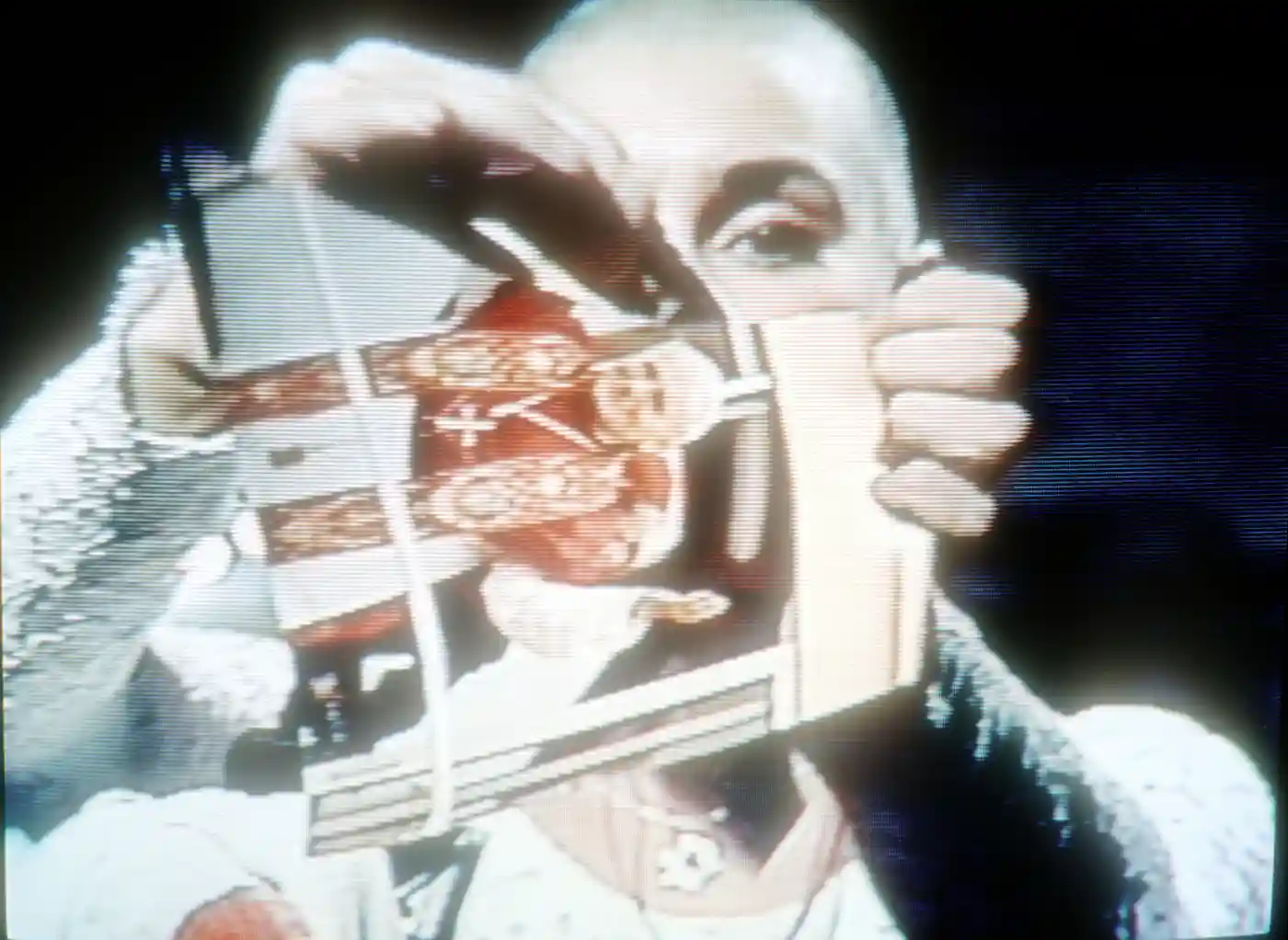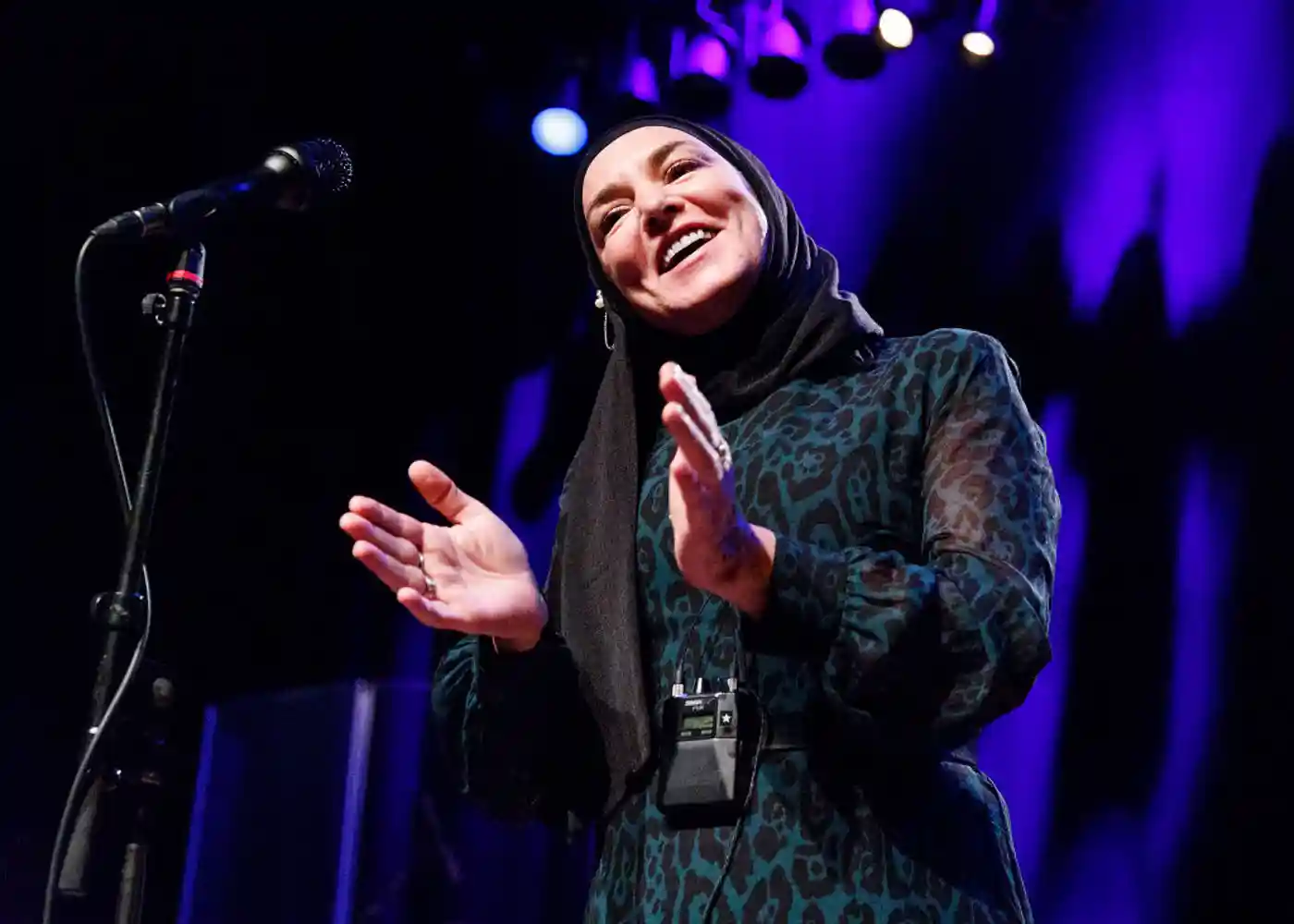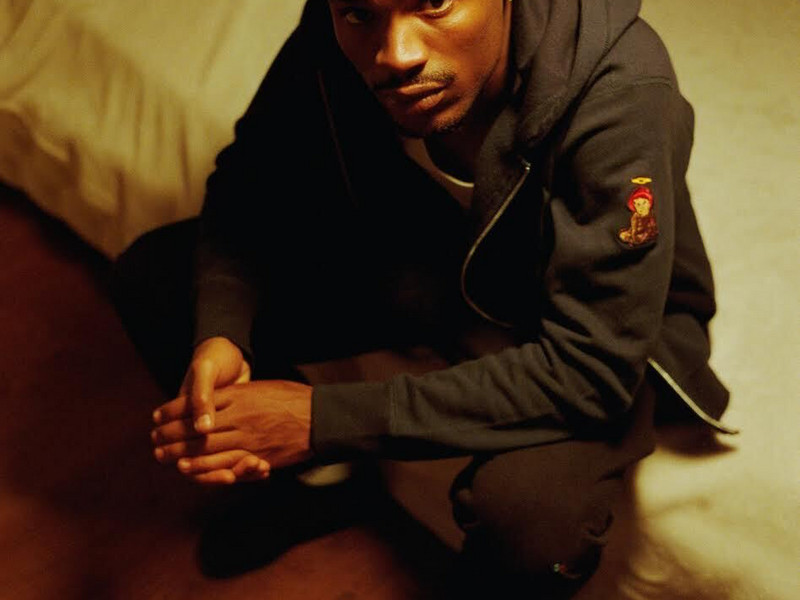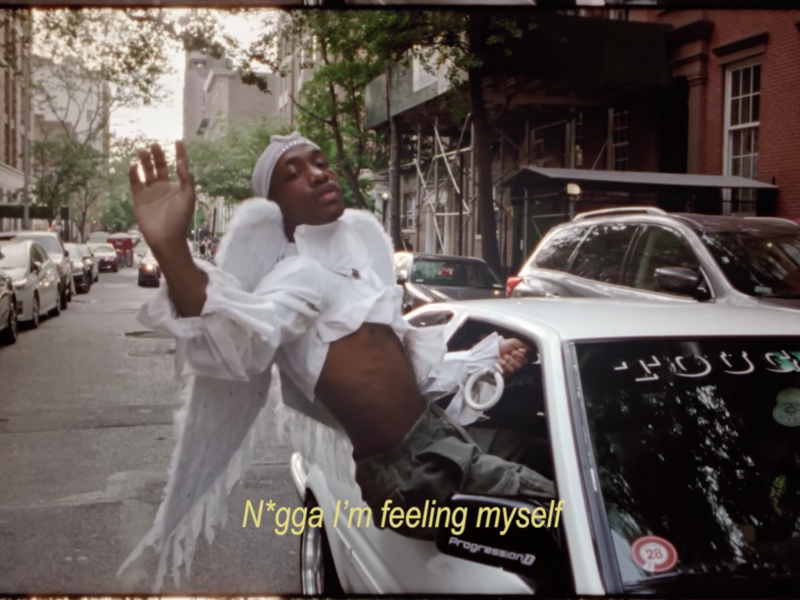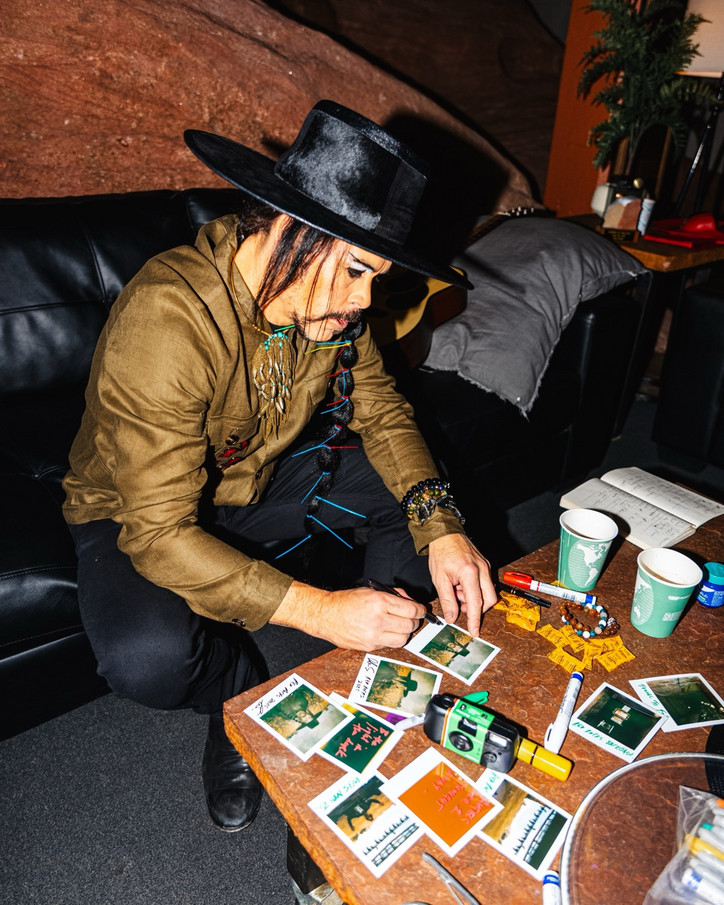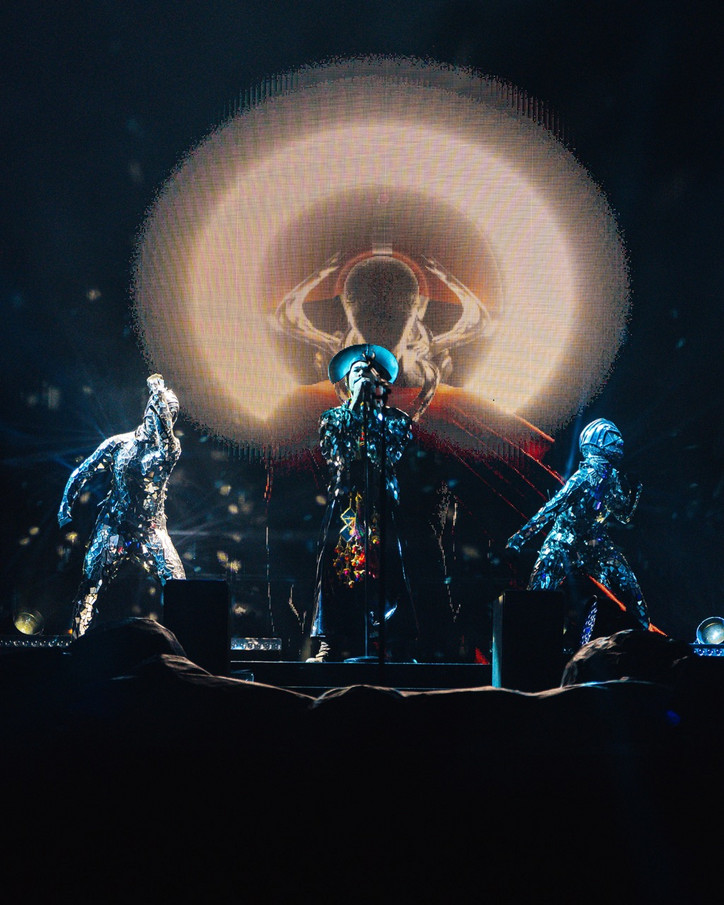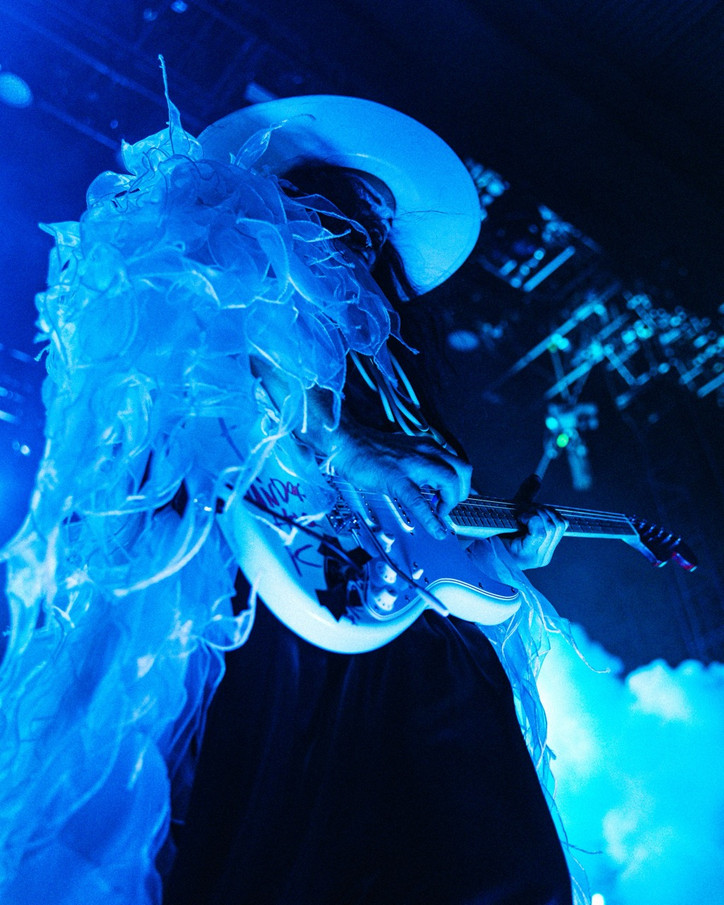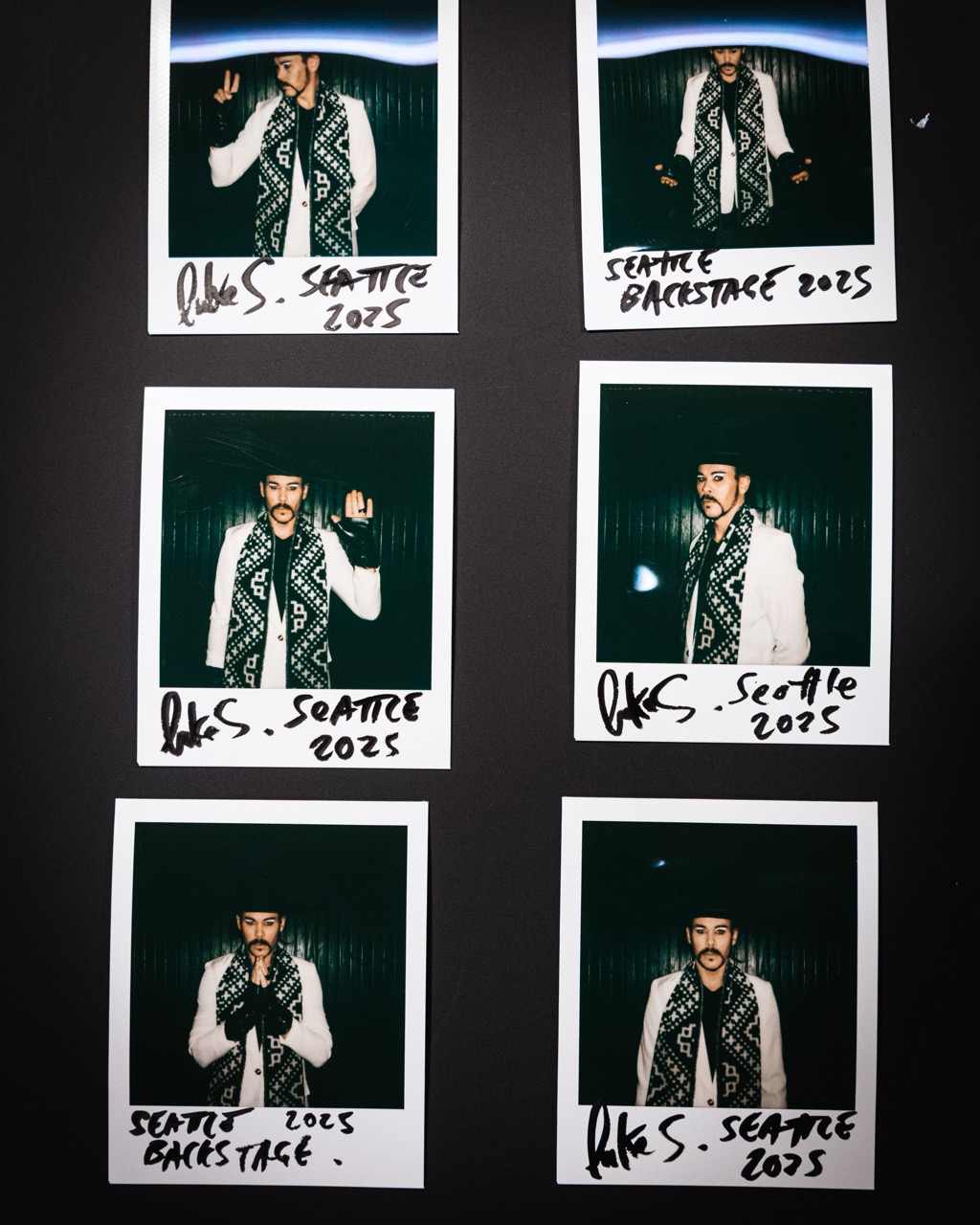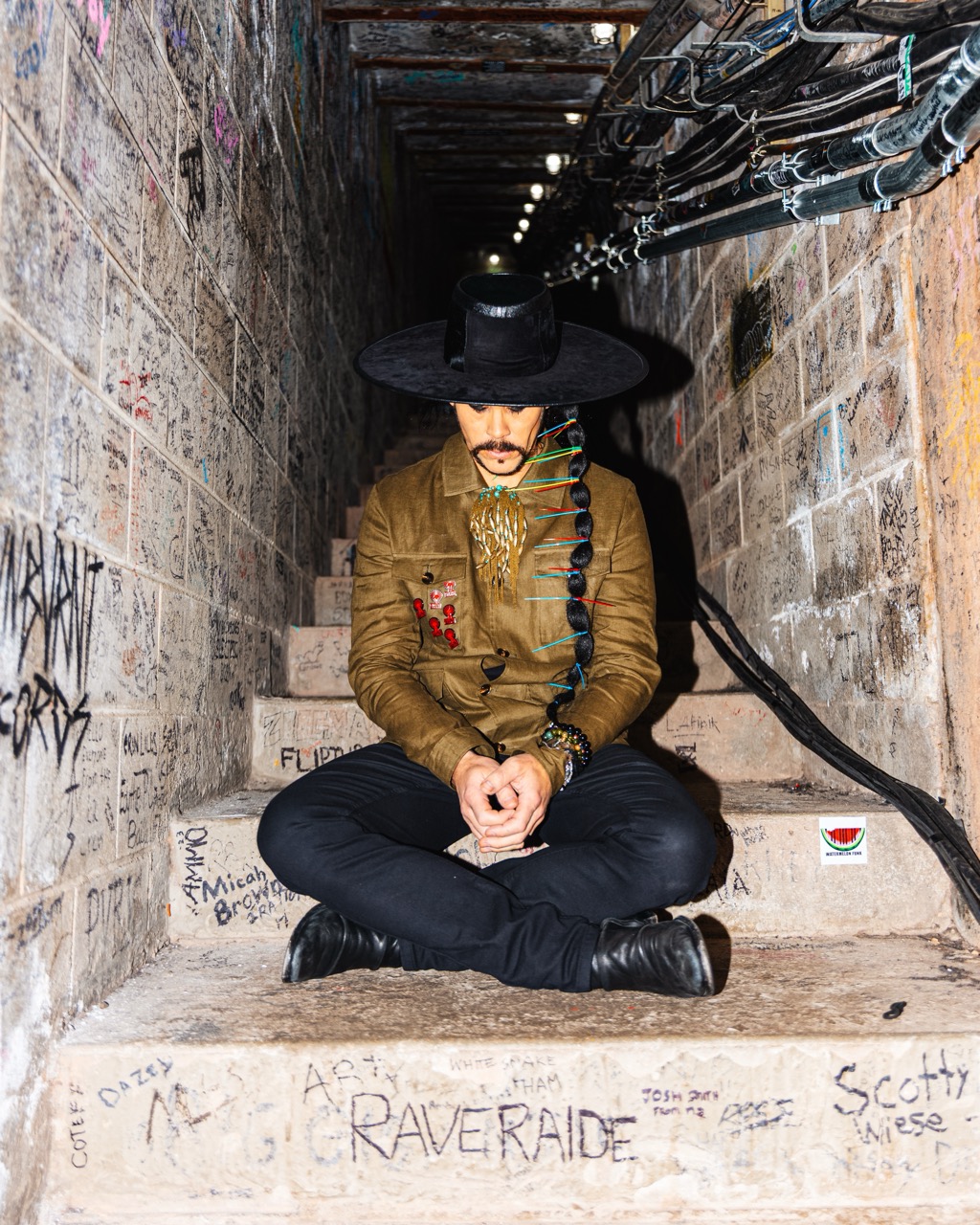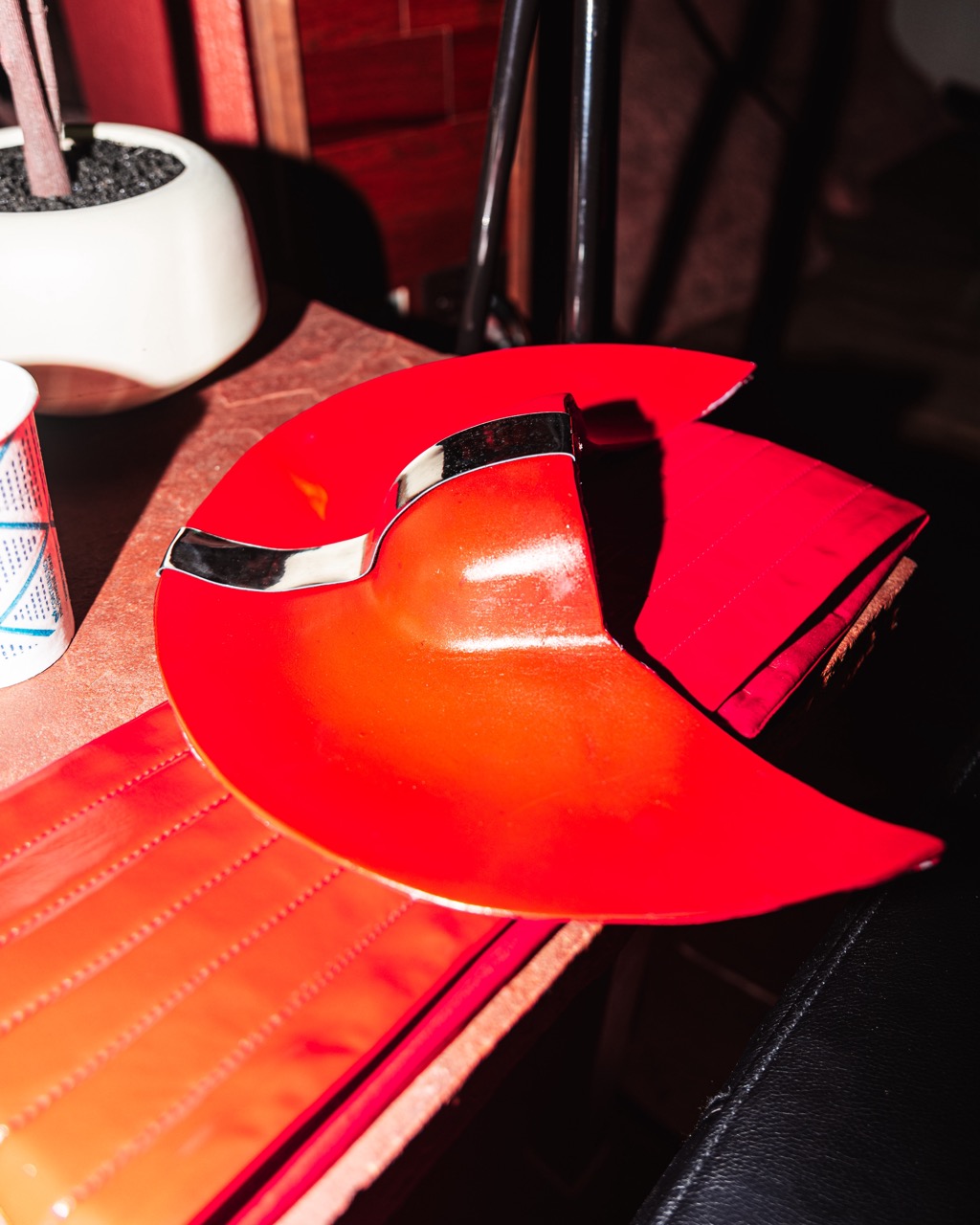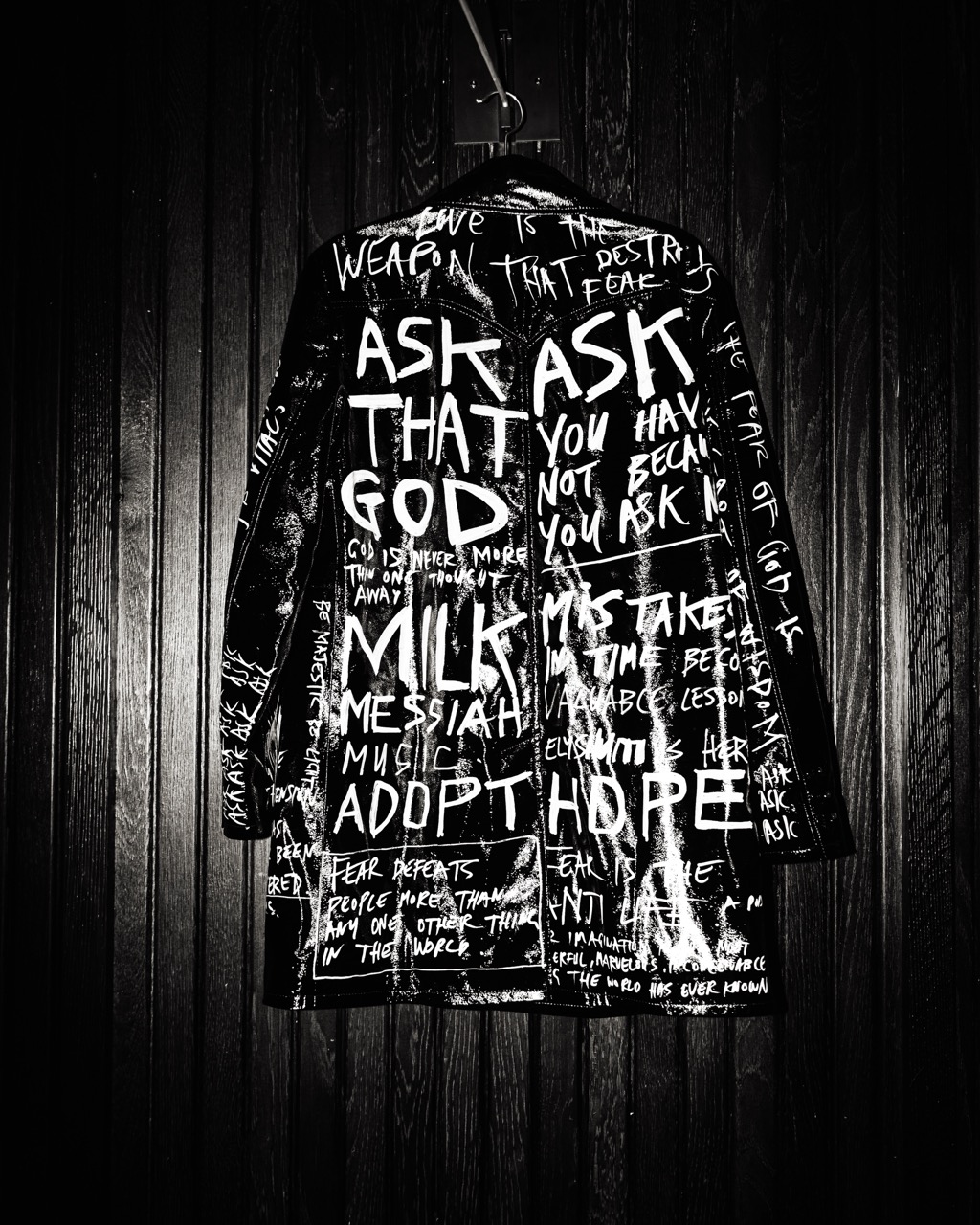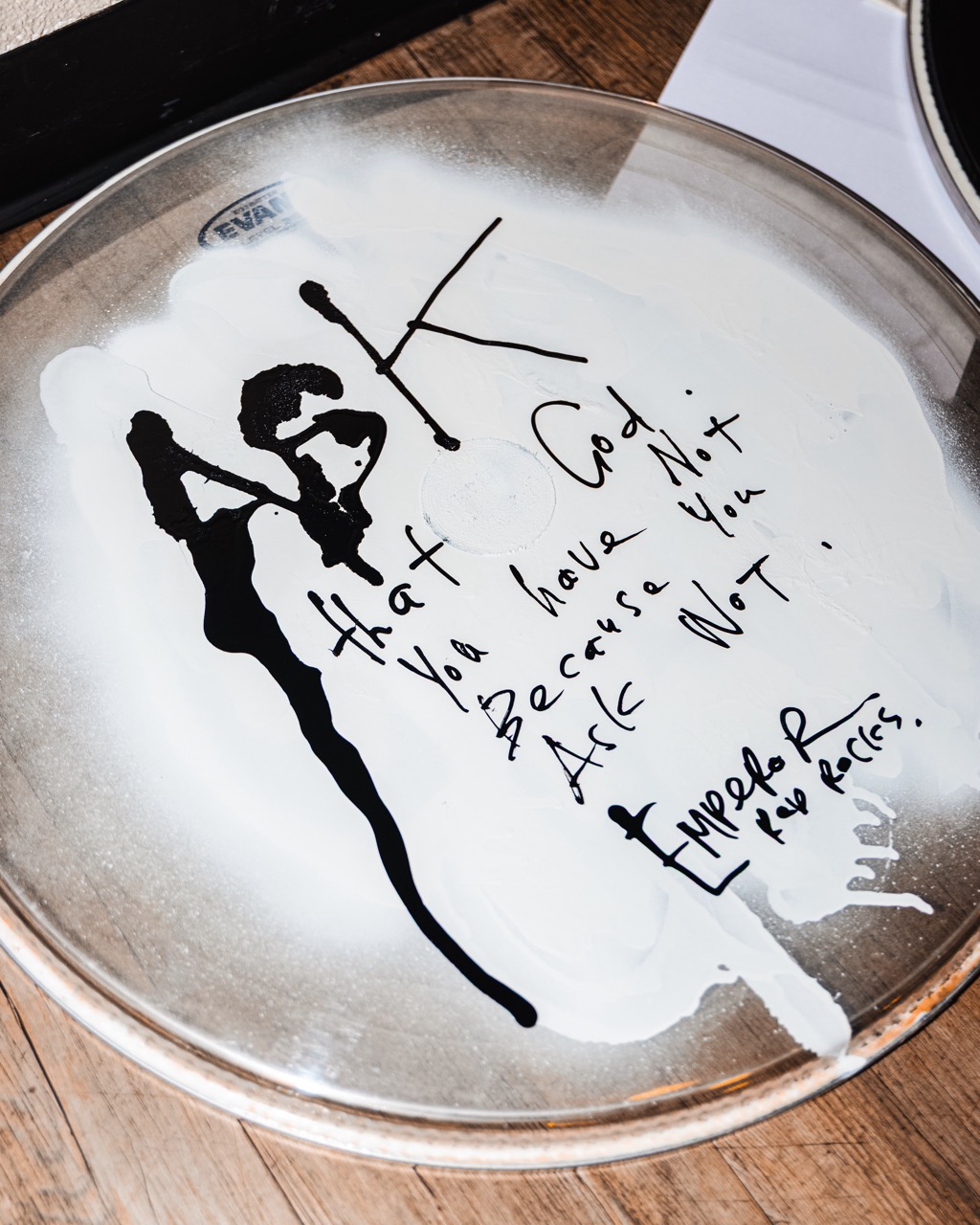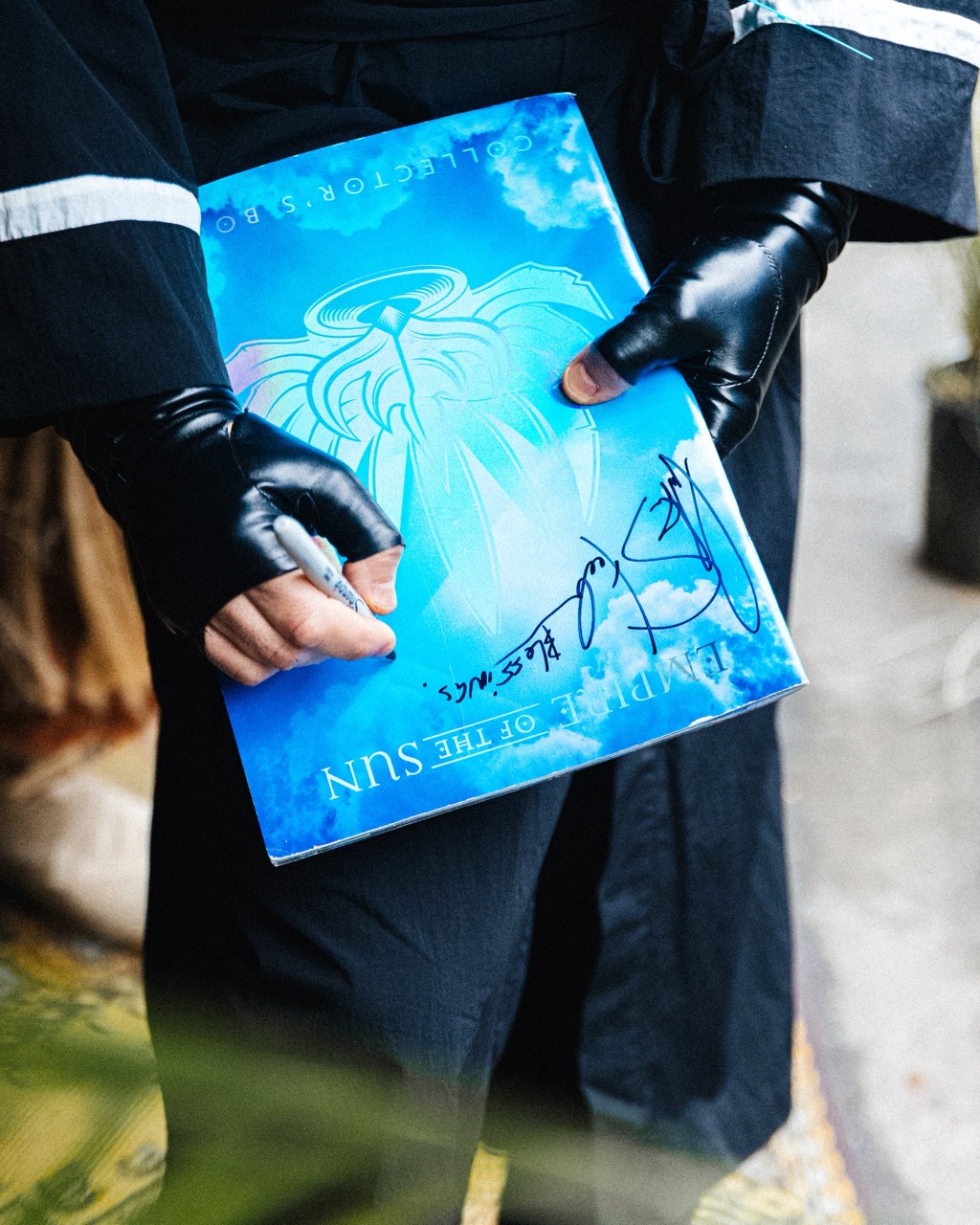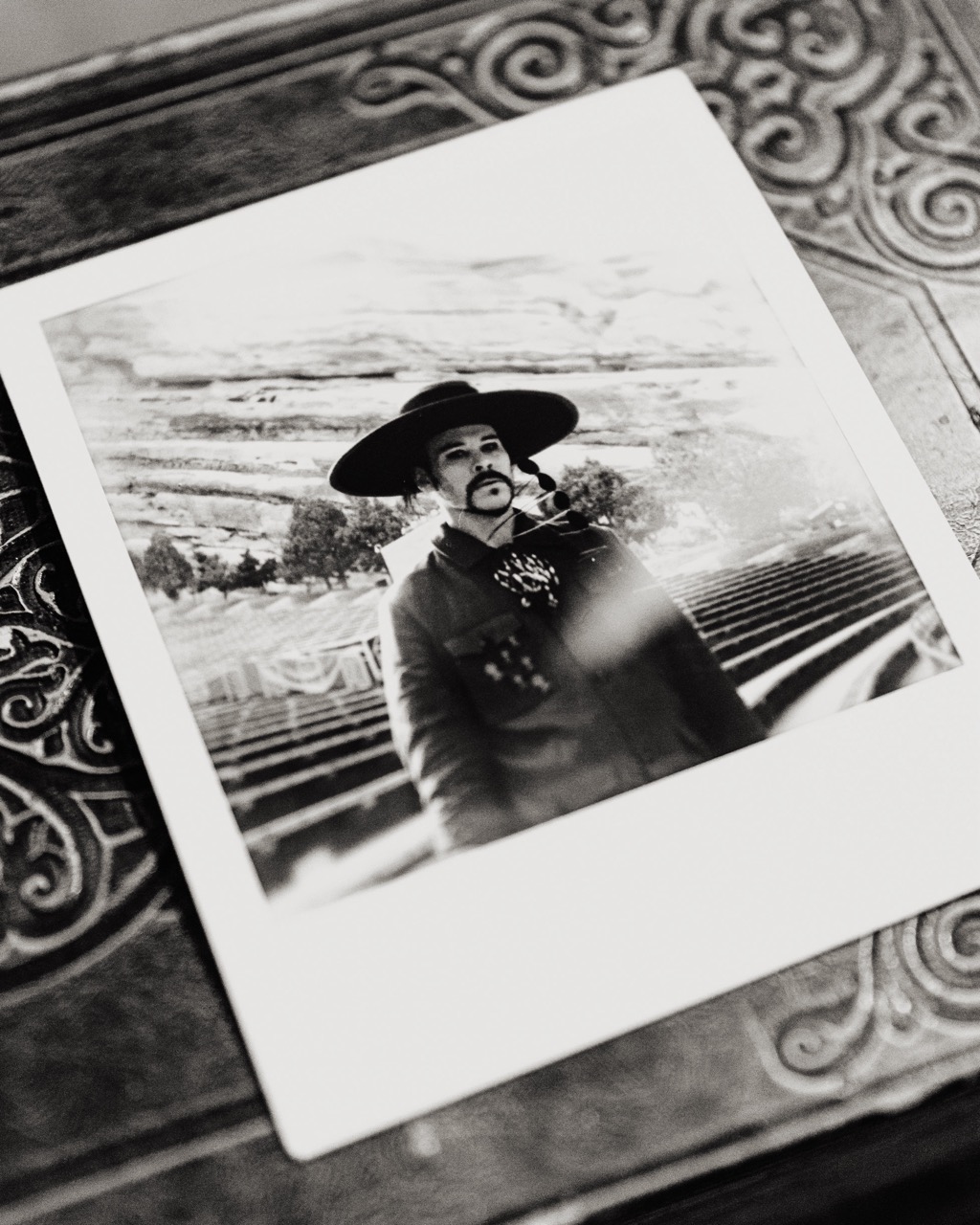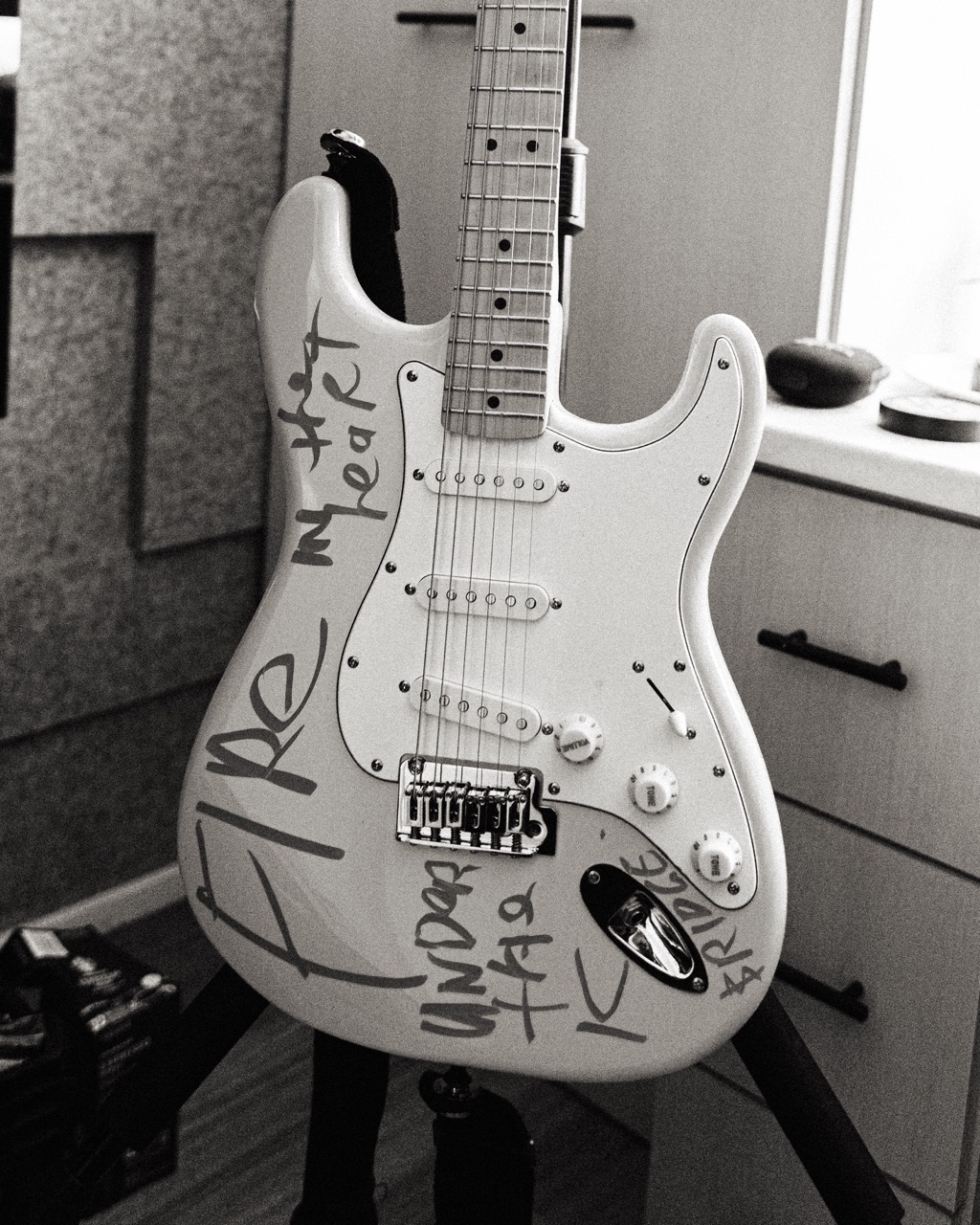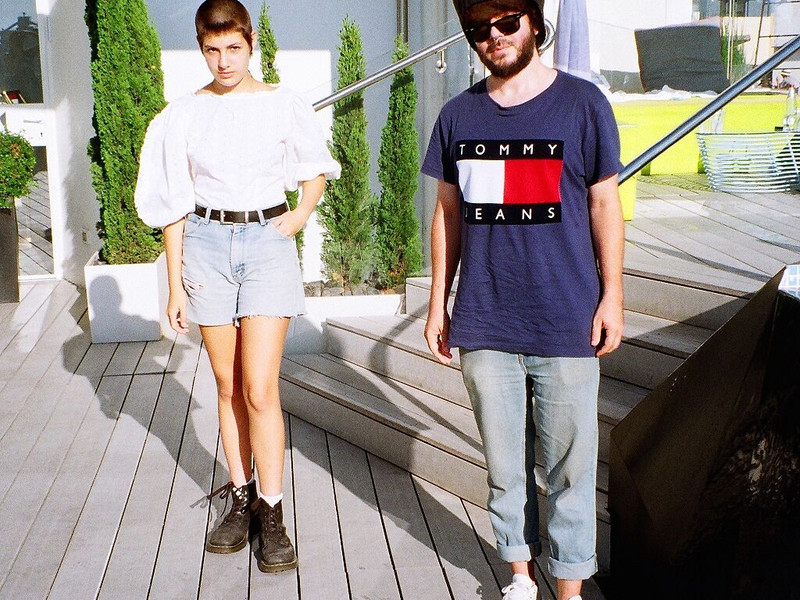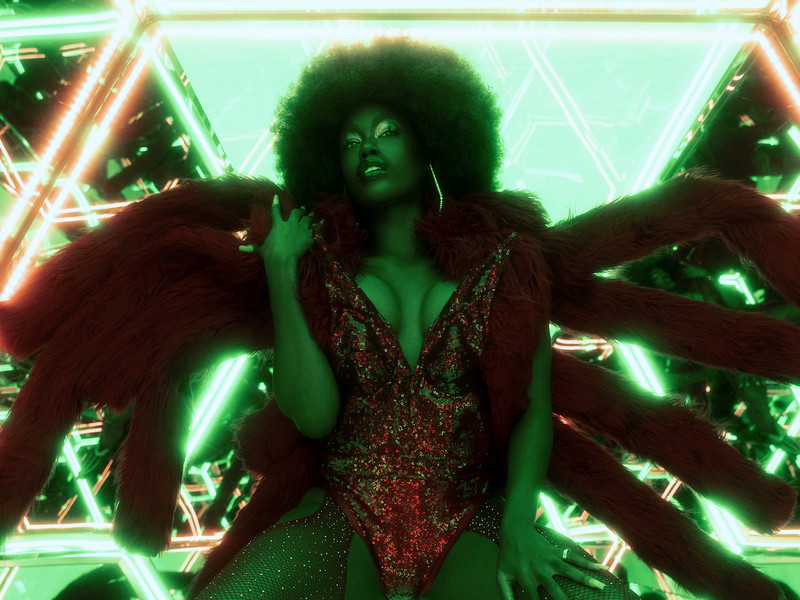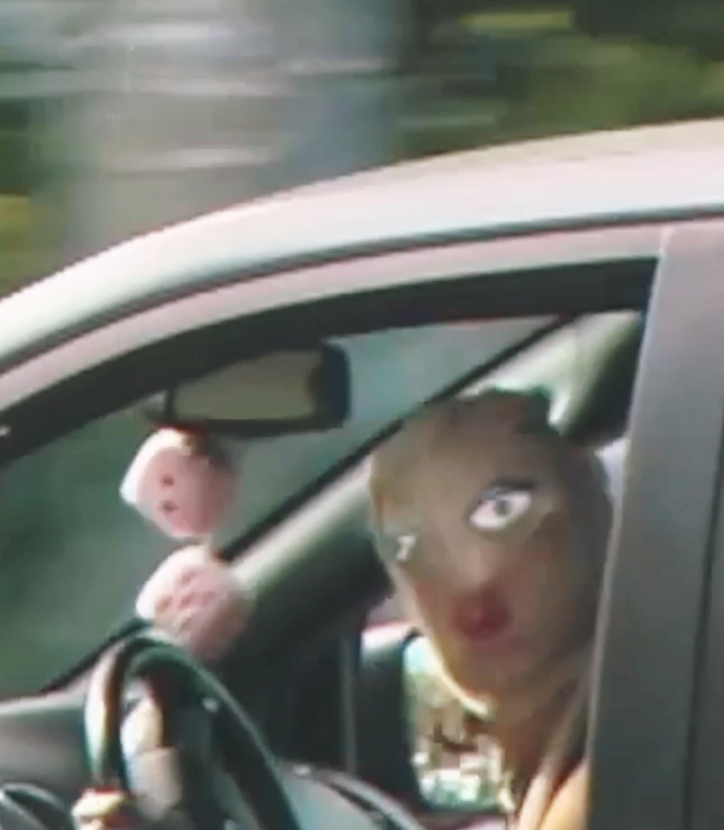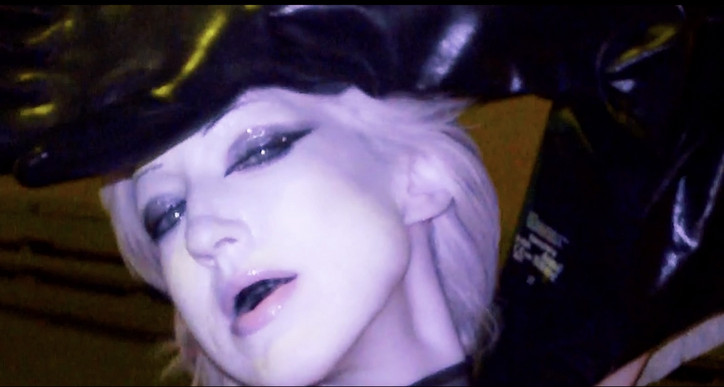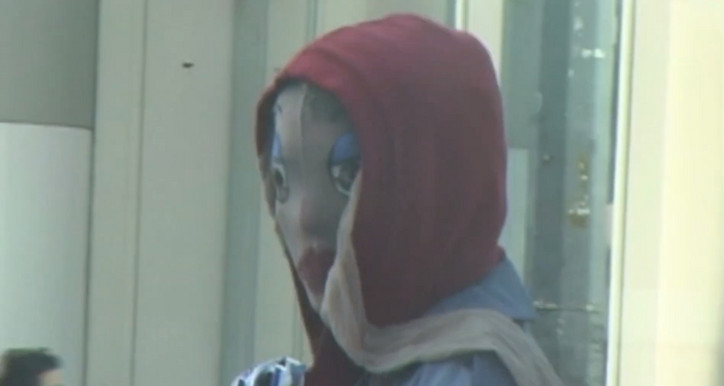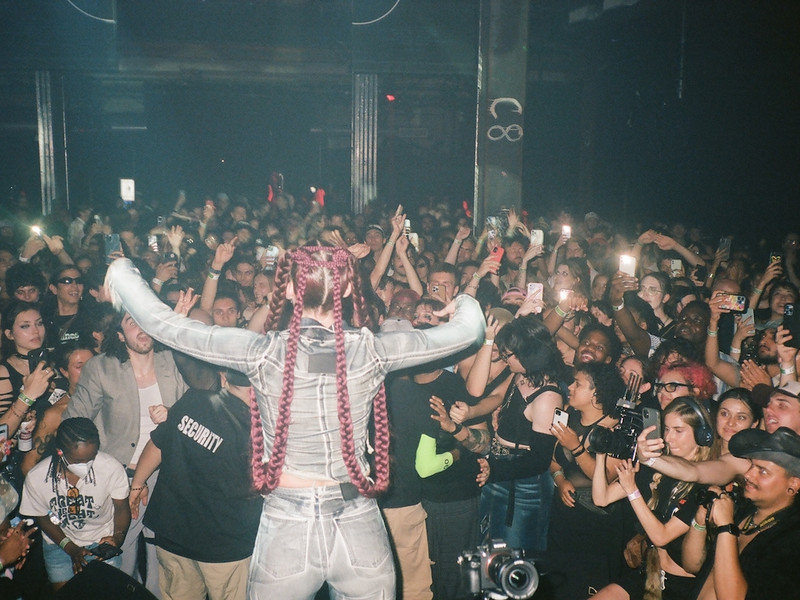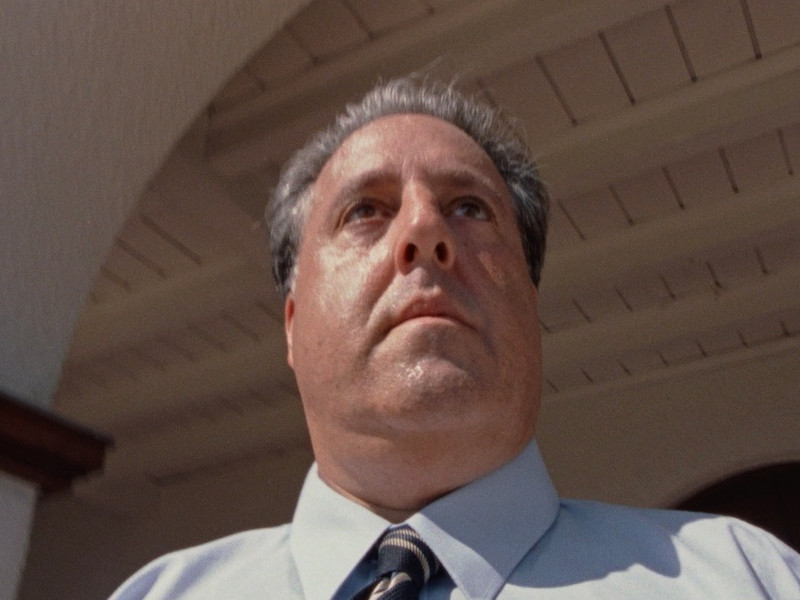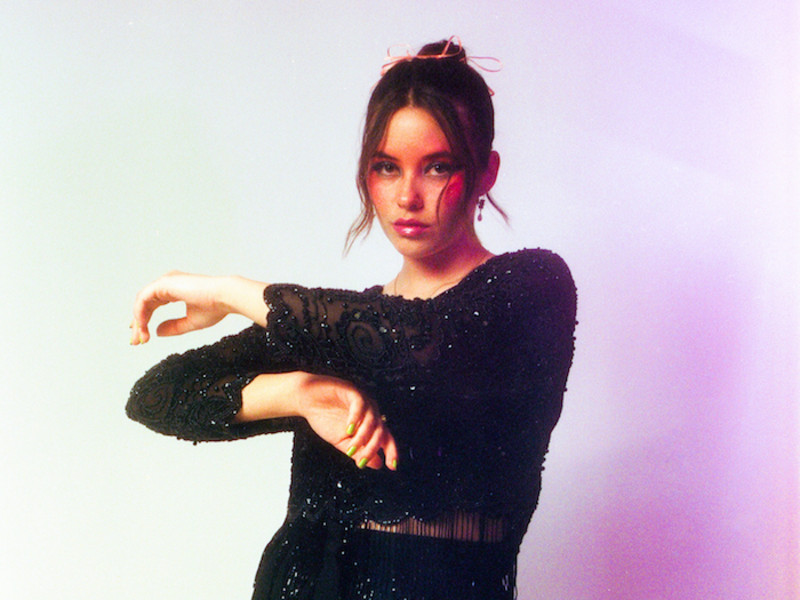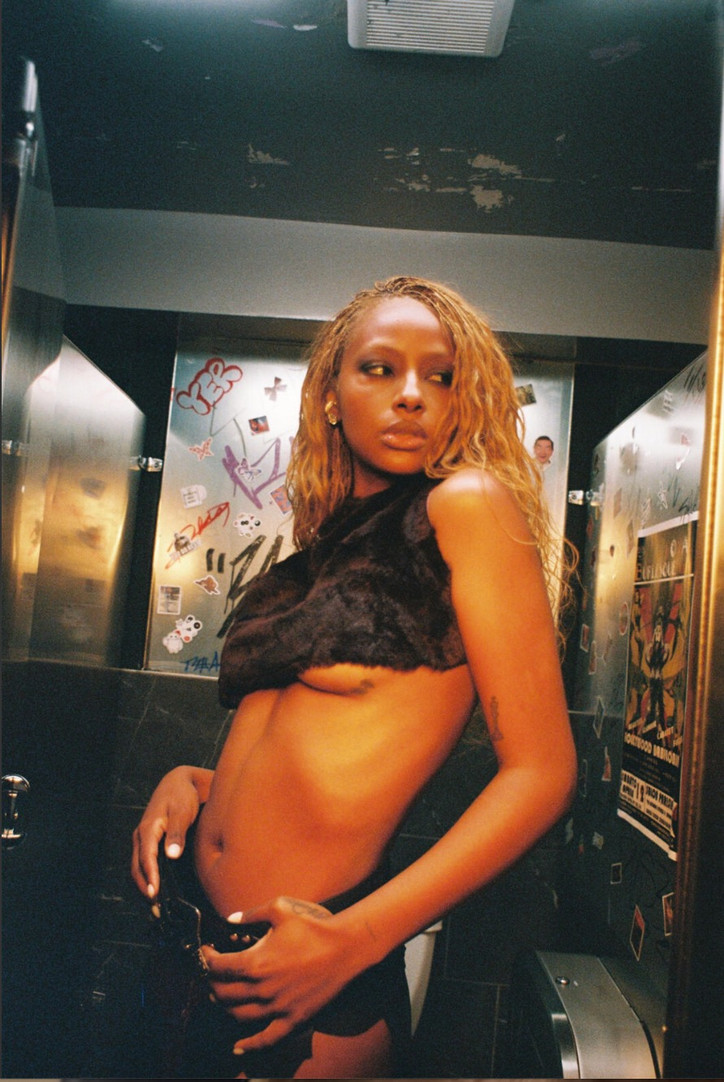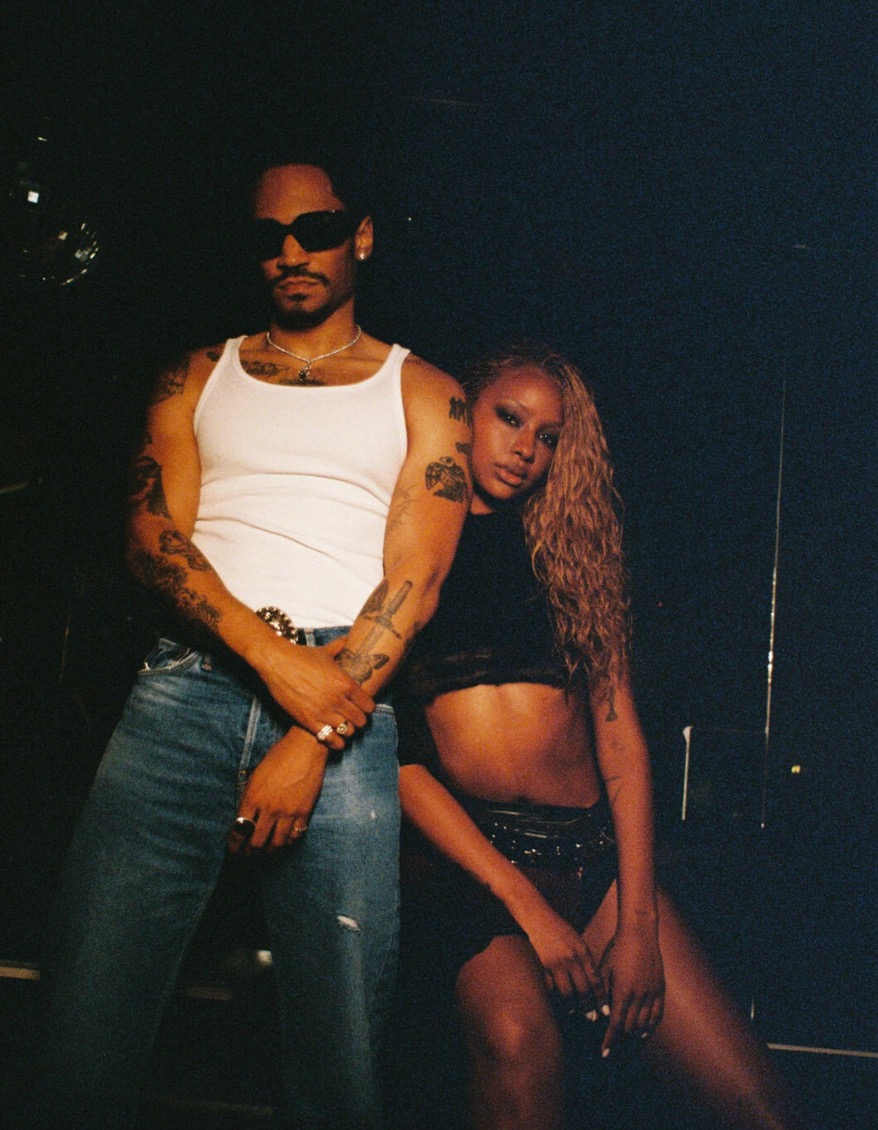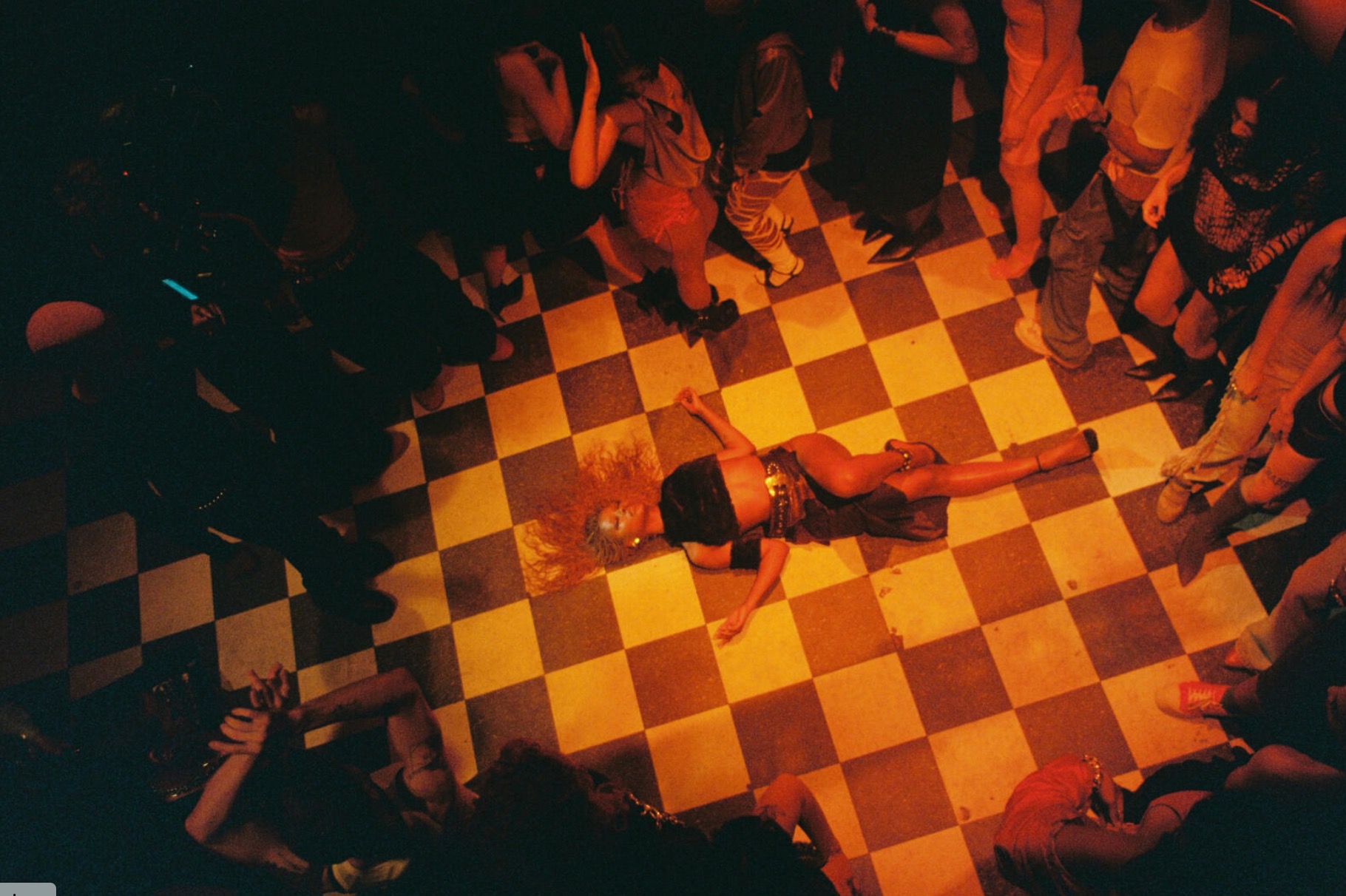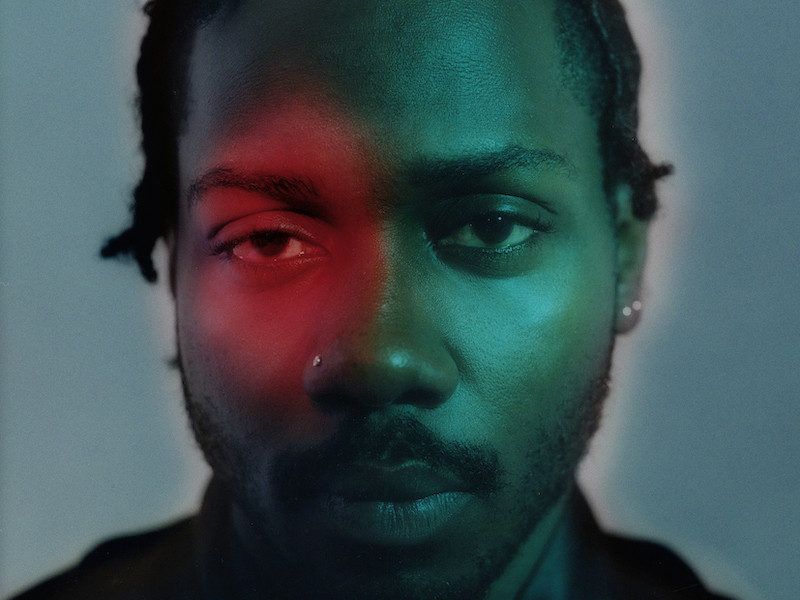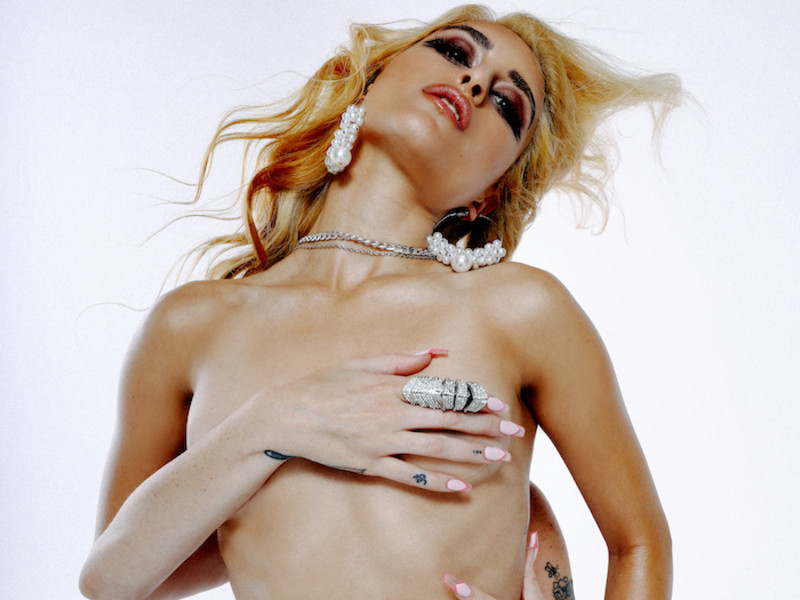Sinead O'Connor: Nothing Compares... A True Punk
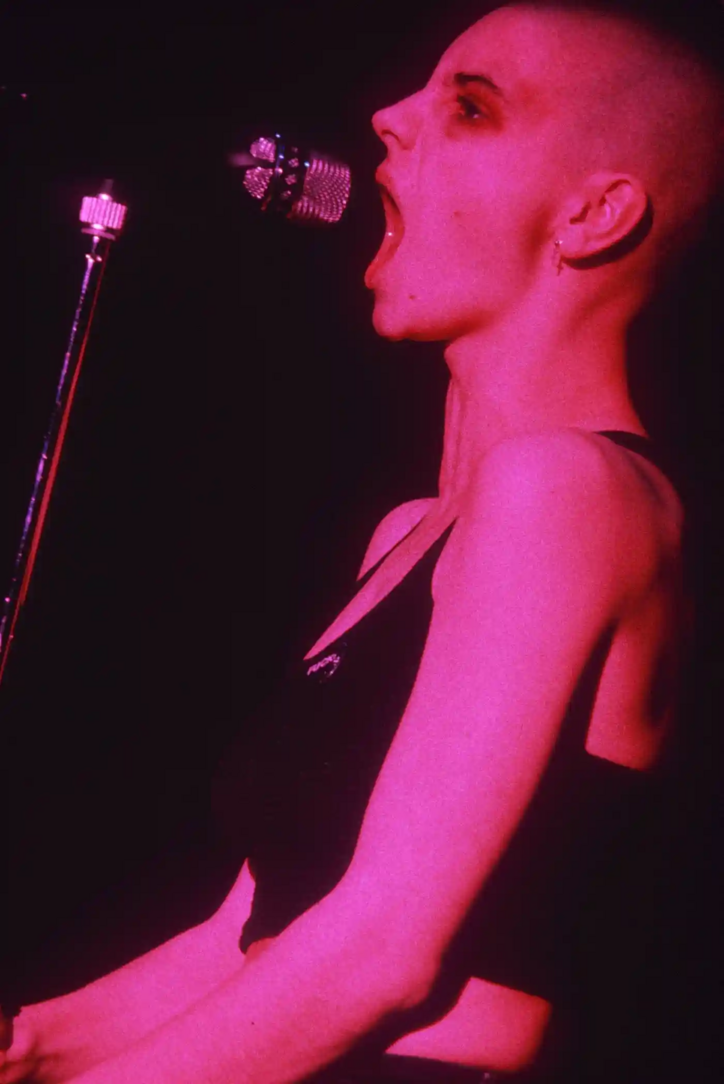
Today, we have ten studio albums from the legendary vocalist and songwriter, her first being The Lion and the Cobra, released in 1987, of which she sold millions of copies worldwide. In the Irish artist’s memoir, Rememberings, the overwhelming sentiment was that she would never be happy with herself unless she stood proudly for her beliefs. It wasn’t money or fame that attracted her to the music industry. In fact, she didn’t like the “industry” part of it, at all. She only wanted to sing. One day, Sinead told a priest that she liked to sing. He told her, “He who sings, prays twice.” Sinead writes this is why she started to sing. She wanted to repent.
The songstress began making music in a home for girls with behavioral issues, where she’d sneak out at night to record, much to the nuns’ disapproval. It was there that one special nun gave O’Connor a guitar, with which she busked on the streets of Dublin. Sinead was so gifted, that a teacher even helped her sneak out once to record music. The head nun despised this fact, so Sinead would smoke cigarettes directly outside her office, just to piss her off. She was a true punk from the get-go.
After she turned 16, she fearlessly ran away from school and got a studio apartment, much to her father’s dread. He agreed to pay her rent if she got a job and could pay any bills herself– and if she took out her nose ring. So, that’s what she did. As she describes memories of her youth, she recalls Elvis Presley’s and thinks to herself, “I need a new father because Elvis is gone, my father isn’t dead; I just ain’t seen him for a very long time... I don’t go looking for any father because I have God.” Whenever she hears music piercing her soul, she’d say, “That’s my dad.” She describes the first time she heard Bob Dylan: “I like this Dylan man... Since discovering him, I’ve stopped knocking on doors... asking [people] if I can be their child.” Despite her mother’s physical and emotional abuse, O’Connor focused on the many tender moments in which people were looking out for her.
In 1985 she signed with Ensign Records and left Ireland for London. The deal she’d signed got her only 7% of sales, she had to pay for the whole recording and production process herself. It was a terrible deal, to say the least. But Sinead was happy to get out of Ireland. She writes, “I’m lonely, but I’m writing songs for my first album, and songs are a lonely person’s occupation. Songs are ghosts. When my album comes out, I’ll become a traveling ghost delivery woman. There will be a lifetime of goodbyes. I can’t have a problem with that.”
The men at Sinead’s label had an issue with Sinead’s demeanor and the way she presented herself. They told her to be more feminine and appealing. They wanted her pretty. Sinead came back with a shaved head the next day. In London, she loved speaking with Rastafarians about God. They called her daughter. They were the first people to tell her the pope is evil. They said, “Nobody can own God.”
The Lion and the Cobra had been recorded. During the making-of, Sinead had come to find out she was pregnant with her first child. She told her record label, and they sent her to their doctor, who told her to abort the baby. She immediately left the label and found herself 100 grand in debt. She writes, “If this record doesn’t make the money back and more… then I will never be financially independent of people with penises.” Sinead gave birth to her first child just three weeks before the album was released.
Unsurprisingly, it was a huge hit. But her label earned millions off of her without batting an eye. She hated the music industry. But she loved 90s rap. She related to it because the industry looked down on her the same way they looked down on rap (until, of course, they co-opted it and made tons of money off of it). “I’m a punk, not a pop star,” Sinead proclaims. The world so badly wanted Sinead O’Connor to fit into whatever box they wanted her in. But Sinead never wavered in who she was or who she dreamt of being, and essentially demanded that people look at her the way she wanted to be looked at.
Cut to New York. On Avenue A, she befriended the Rastafarians at a juice bar. They took her in and watched out for her. “I thought they didn’t like me, was why they were silent, but it ain’t anything other than: They are watchers. They’re watching out for God everywhere. They’re like God’s security detail.” Sinead lovingly recalls. One man there in particular, Terry, was an older fella Sinead had grown to love a great deal. One day, he confesses to her they’ve been using children to run guns and drugs out of the juice bar. He tells her he’s going to be killed soon. Sinead is horrified. She’s been taking spiritual guidance from people she now knows have been using kids as drug mules. It was the ultimate betrayal.
It was that very weekend that Sinead was slated to go on SNL. She brought a photo with her, of Pope John Paul II that her mother kept from when he kissed the ground and said he loved the people of Ireland. “Nobody loved us, not even God.” To Sinead, this photo represented everything she stood against: lies and abuse. “Destroy it I would, when the right moment came,” because “nobody ever gave a shit about the children of Ireland.” As her second song on the live NBC program, SNL, Sinead sang War by Bob Marley. She’d been reading horrible stories for weeks where it was only briefly mentioned that children were being abused by priests. After Sinead finished singing, she stared right into the camera, ripped JP2’s photo into pieces and yelled, “Fight the real enemy. I’m talking to those who are going to kill Terry.” She blew out the candle next to her. The entire building was engulfed in a deafening silence. “Everyone wants a popstar, see, I’m a protest singer.”
Sinead O’Connor explains, “I had no desire for fame... Success was making a failure of my life, because everyone was already calling me crazy for not acting like a pop star, for not worshipping fame… My own dream was to only keep the contract I made with God before I ever made one with the Music Business, and that’s a better fight than murder.” NBC banned her from their studios for life. “This hurt me a lot less than rapes hurt those children, and a lot less than Terry dying, which happens the following Monday, anyway.”
Many people believe that it was this moment of the tearing of the pope’s photo that ended up derailing Sinead O’Connor’s career. She clarifies, “Having a #1 record derailed my career, and my tearing the photo put me back on the right track. I had to make my living performing live again, and that’s what I was born for. I wasn’t born to be a pop star. You have to be a good girl for that.” From then on Sinead did what she loved, making music, and playing live. She was a mother to four children, paid all the bills herself, and got to make her art. “What’s more successful than that?” she asks. Later, she writes, “I’m feeling flattered that the establishment considers me enough of a threat that it needs to try and discredit me along with all the other bands and artists who’ve been under attack in the censorship of music that is America since Straight Outta Compton.”
It’s not that Sinead liked being hated. It’s that she had an undeniable and unbreakable selfhood that could not be shaken by the “man”. She was and always will be a true punk. She’s been called Rock Music’s Joan of Arc because she was fearless, but it was almost like she had no choice but to be so. It was just who she was.
Read the full article by Willa Rudolph here.
